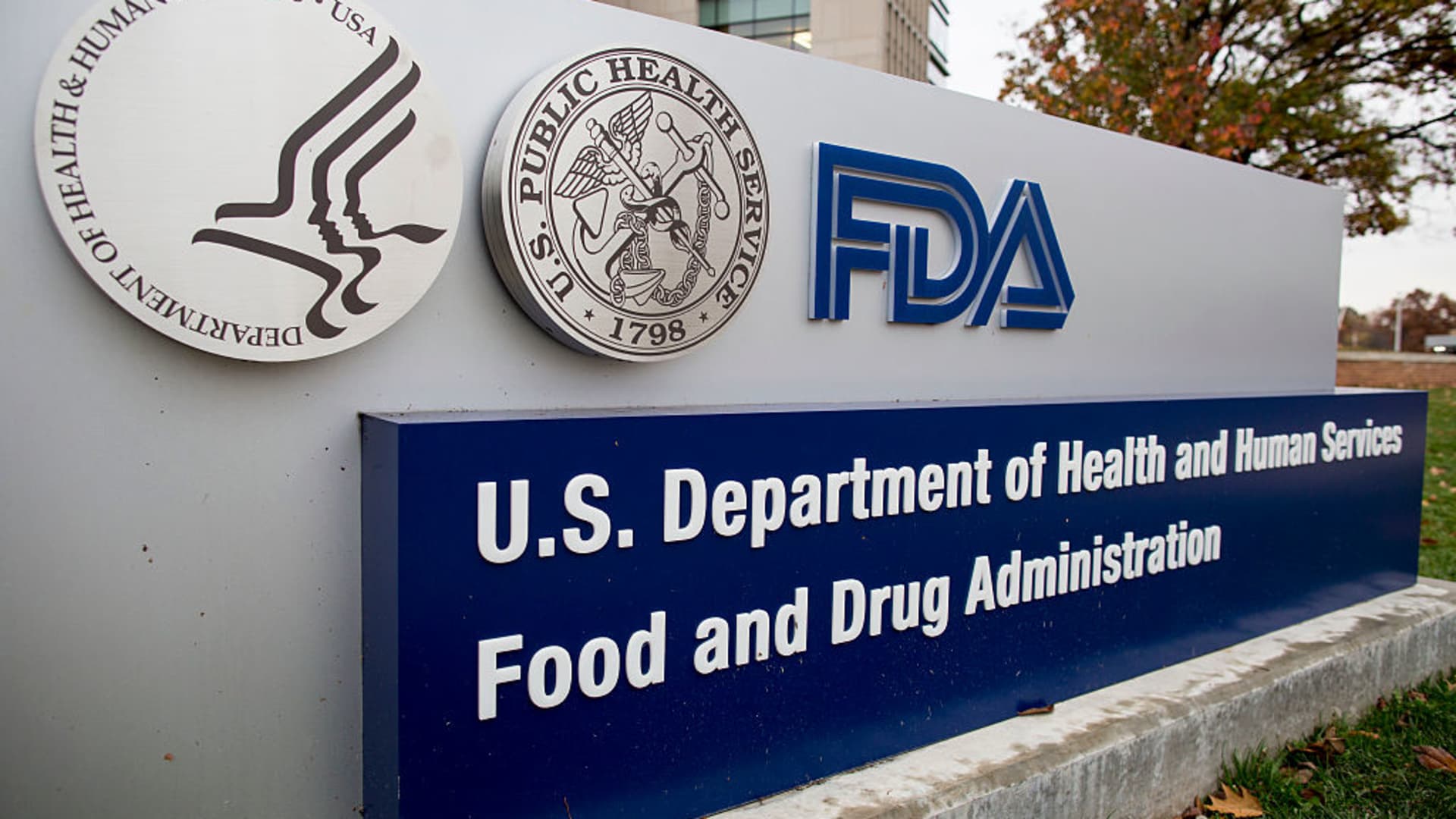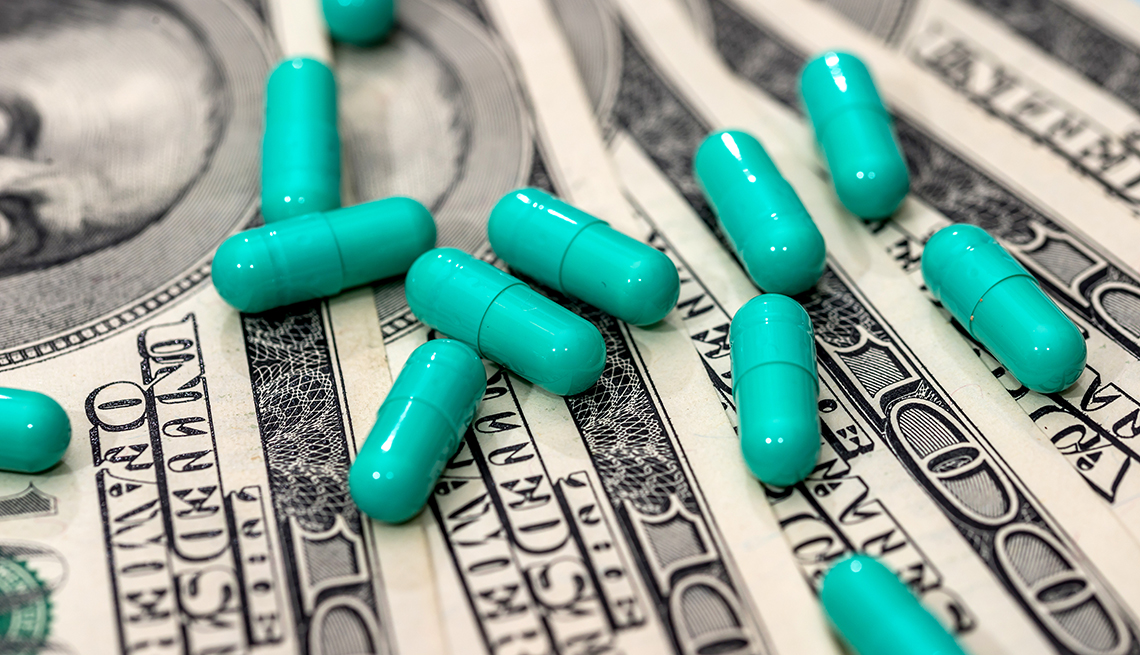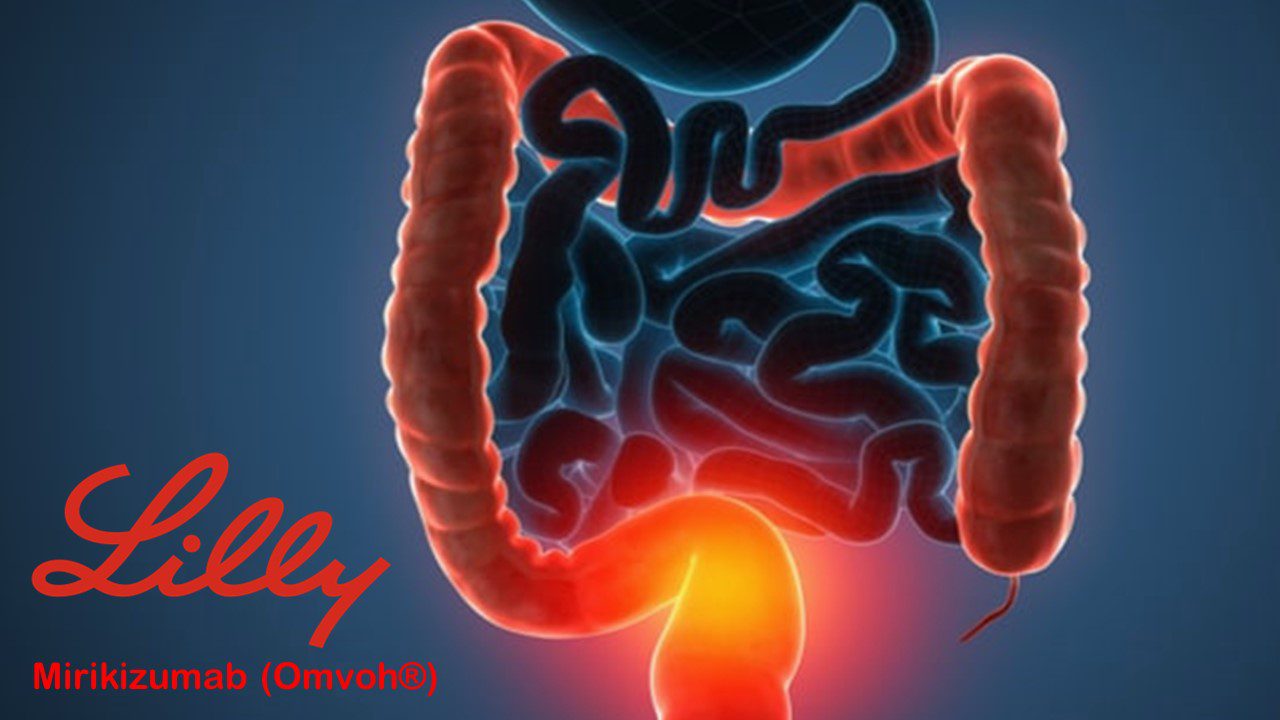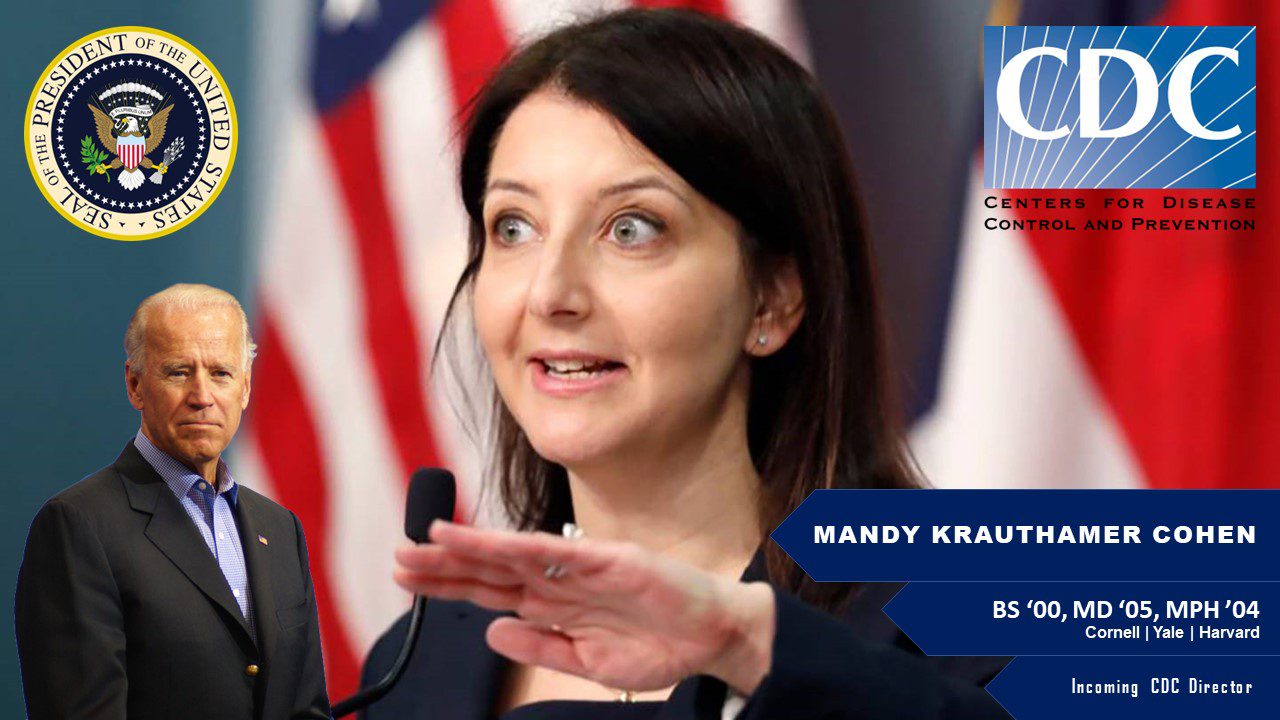
While the orphan drug market is growing, there remains a host of unmet clinical needs across the scope of rare diseases and conditions. Incentives offered by regulatory bodies have contributed to an increase in the number of companies seeking orphan drug designation in the last decade or so. The Orphan Drug Act in particular, has played a significant part in supporting rare disease research.
Introduction
Orphan drugs are medicinal products in which the pharmaceutical has little interest in developing and marketing, as the drugs are intended for only a small number of patients. These products are typically created for the diagnosis, prevention or treatment of life-threatening or debilitating rare diseases.
Rare diseases represent a significant unmet clinical need across the globe. Unfortunately, this therapeutic area often lacks safe, therapeutic treatment as a result of barriers in clinical research. In comparison to non-rare diseases, clinical trials studying rare diseases typically struggle to meet patient recruitment targets, which results in trials lacking clinical validity and often early termination.
The small population size and frequent clinical trial failures are a few of the challenges which deter pharma companies from developing orphan drugs, as the cost of bringing them to market would not see a return on investment with expected sales. Despite this, the number of orphan drugs reaching the market has been increasing, no doubt as a result of the Orphan Drug Act.
How are orphan drugs regulated?
US. Food & Drugs Administration
The Orphan Drug Act (ODA), 1983, was set up in the United States to encourage pharma companies to develop drugs for rare diseases. Since this time, R&D for orphan drug therapies has grown substantially for diseases affecting less than 200,000 people in the US. The ODA grants special status to a drug or biological product to treat a rare disease upon request of a sponsor.
According to the FDA, for a drug to qualify for orphan designation both the drug and the disease or condition must meet certain criteria specified in the ODA and FDA’s implementing regulations at 21 CFR Part 316. The orphan designation qualifies the sponsor or various development incentives of the ODA, including tax credits for qualified clinical testing. The lower R&D costs (smaller clinical trials), accelerated regulatory reviews, and minimal competition have played a significant part as incentives for rare disease drug development.
The granting of an orphan designation request does not alter the standard regulatory requirements and process for obtaining marketing approval; the safety and effectiveness of a drug must still be established through adequate and well-controlled clinical studies.
Eltrombopag (brand name – Promacta) is an FDA-approved orphan drug for the treatment of severe aplastic anaemia, when used in combination with standard immunosuppressive therapy. Manufactured by Novartis, the treatment was approved in 2014 for adult and paediatric patients who have had an insufficient response to immunosuppressive therapy. Promacta is one of the many orphan drugs which have successfully achieved FDA approval in the last decade, and highlights a shift in the industry’s priorities.
Latest news
According to a recent article, the “FDA has withdrawn orphan drug designation from a potential covid-19 treatment, after criticism that treating covid-19 as a rare disease was “disingenuous.”
The drug Remdesivir, developed by Gilead, was originally designated orphan drug designation in March 2020, due to its mechanism of action which inhibits viral replication. Hence, was under investigation for a potential COVID-19 treatment.
However, the pharmaceutical company has since rescinded its request for orphan drug designation, potentially because of the still-growing number of global COVID-19 cases, which could create market disruption in the future.
European Medicines Agency (EMA)
As with the FDA, the EMA is responsible for reviewing applications from sponsors for orphan drug designation. In order to qualify, a product must meet the following criteria:
• It must be intended for the treatment, prevention or diagnosis of a disease that is life-threatening or chronically debilitating;
• The prevalence of the condition in the EU must not be more than 5 in 10,000 or it must be unlikely that marketing of the medicine would generate sufficient returns to justify the investment needed for its development;
• No satisfactory method of diagnosis, prevention or treatment of the condition concerned can be authorised, or, if such a method exists, the medicine must be of significant benefit to those affected by the condition.
The EU offers a range of incentives for medicines that have been granted orphan designation status by the European Commission, a few of which include:
Protocol assistance – The EMA provides a form of scientific advice which allows sponsors to receive answers to their questions on the types of studies needed to demonstrate the quality, benefits, risks, and quality of the product. The fee for this is at a reduced charge for designated orphan medicines.
Access to the centralised authorisation procedure – This allows companies to make a single application to the EMA, resulting in a single opinion and decision from the EC, valid in all EU Member States.
Ten years of market exclusivity – Orphan medicines granted market authorisation will benefit from ten years of protection from market competition with similar medicines for similar indicates (once approved)
Fee reductions – Organisations applying for designated orphan status will pay reduced fees for regulatory activities like protocol assistance, marketing-authorisation applications and inspections before authorisation.
As the number of rare disease therapies obtaining approval grows, as does the market for orphan drugs. With pharmaceutical leaders like AstraZeneca focusing further attention on rare disease research, it can only be hoped that an increasingly competitive market will accelerate these drugs to reach the patient populations who need them the most.
Charlotte Di Salvo, Editor & Lead Medical Writer
PharmaFeatures
Subscribe
to get our
LATEST NEWS
Related Posts

Regulatory Affairs
Navigating the Depths of Drug Approval: The FDA’s Crucial Role in Clinical Trials
In the realm of pharmaceuticals, ensuring the safety and efficacy of drugs is paramount.

Regulatory Affairs
Decoding Drug Prices: Unraveling the Intricate Puzzle of Pharmaceutical Pricing
Only by untangling the web of pharmaceutical pricing can we pave the way for a more affordable and equitable healthcare system.
Read More Articles
Myosin’s Molecular Toggle: How Dimerization of the Globular Tail Domain Controls the Motor Function of Myo5a
Myo5a exists in either an inhibited, triangulated rest or an extended, motile activation, each conformation dictated by the interplay between the GTD and its surroundings.
Designing Better Sugar Stoppers: Engineering Selective α-Glucosidase Inhibitors via Fragment-Based Dynamic Chemistry
One of the most pressing challenges in anti-diabetic therapy is reducing the unpleasant and often debilitating gastrointestinal side effects that accompany α-amylase inhibition.













